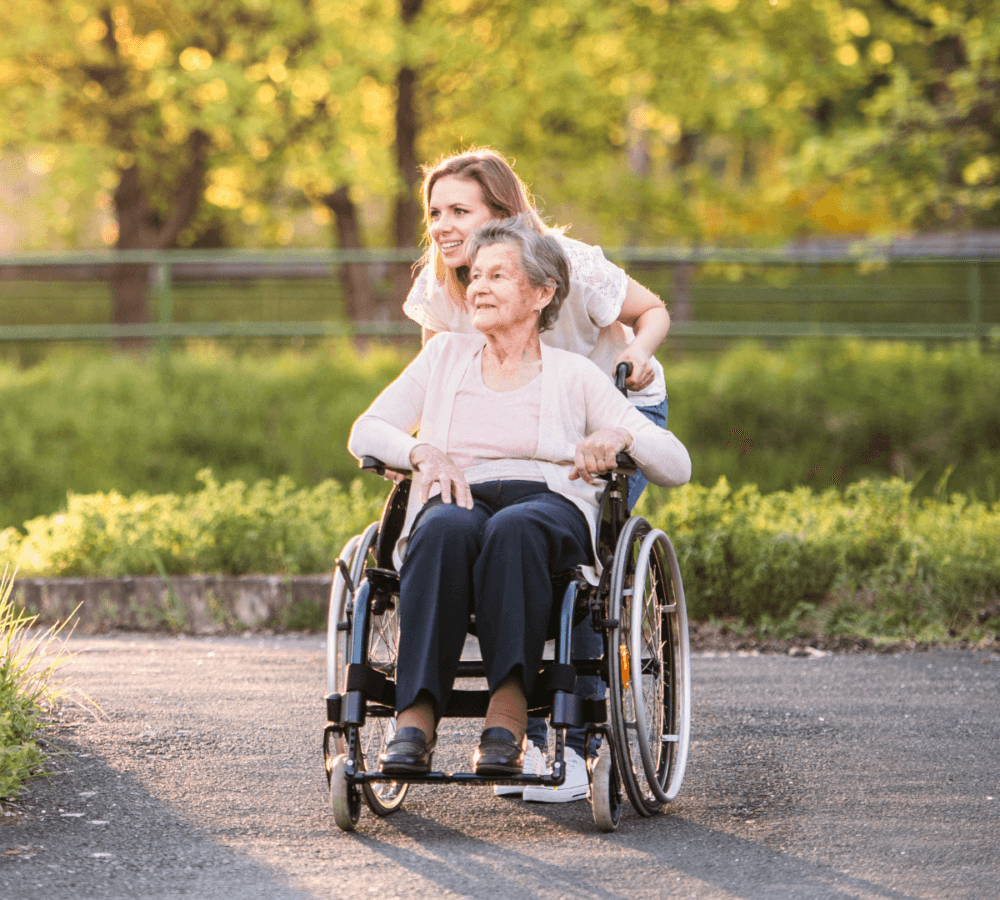Understanding the Mental Health Landscape for Older Adults
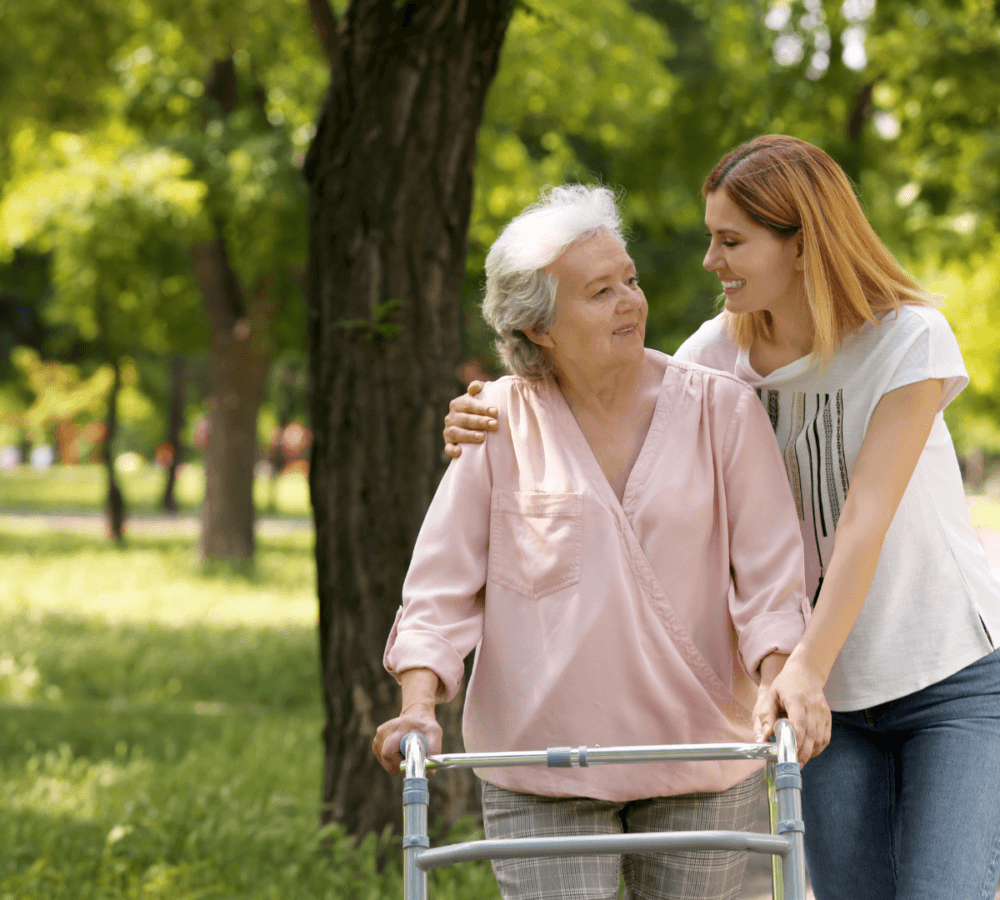
The golden years should be a time of contentment and peace, but for many, they’re overshadowed by the silent struggle of mental health issues. Beyond the well-known condition of dementia, older adults are susceptible to a range of mental health conditions, from depression and anxiety to lesser-discussed issues such as late-onset bipolar disorder and schizophrenia. At Home Instead in Rotherham, we’re not just about promoting independence; we’re committed to supporting their mental health needs with compassion and professionalism.
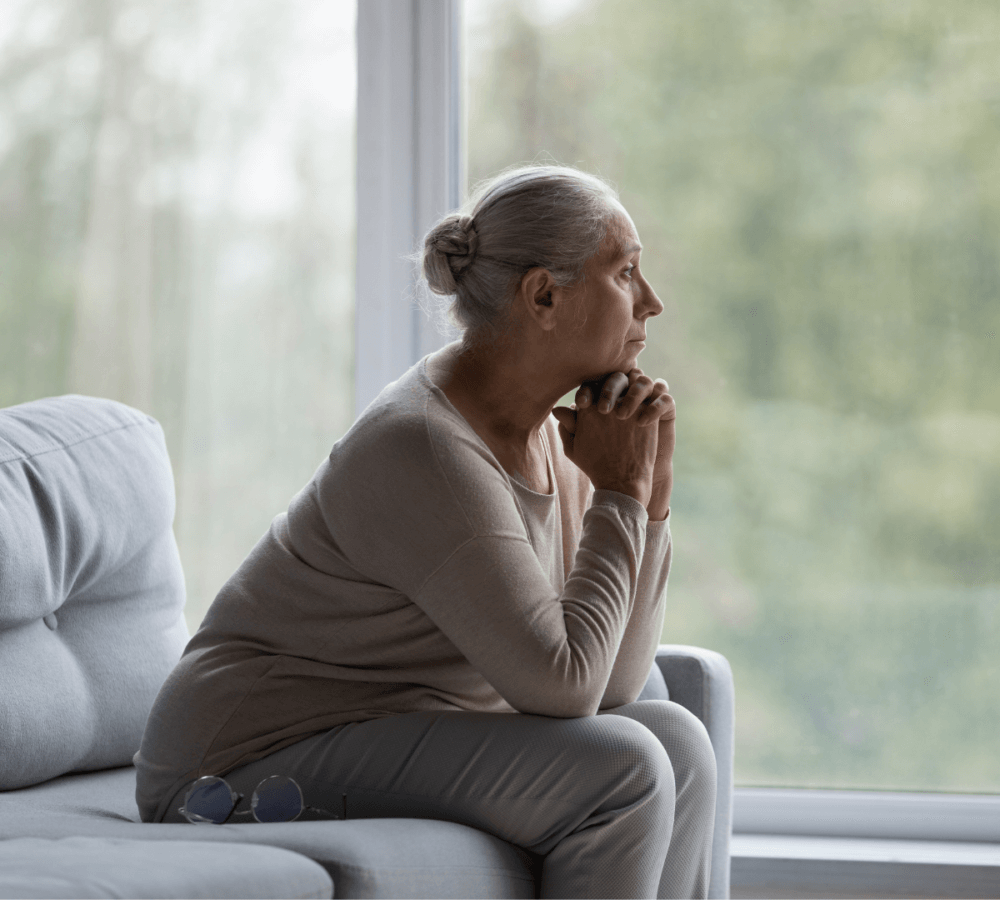
A Closer Look at Elderly Mental Health Conditions
Mental health in older adults is a tapestry with many threads, each representing a different condition that could impact one’s quality of life. It’s essential to recognise this diversity to provide care that truly makes a difference. Depression often goes unnoticed, dismissed as a normal part of ageing, while anxiety disorders can manifest in ways that might be mistaken for physical health issues. Our Care Professionals are trained to identify these nuances, ensuring that every client’s mental health is given the attention it deserves.
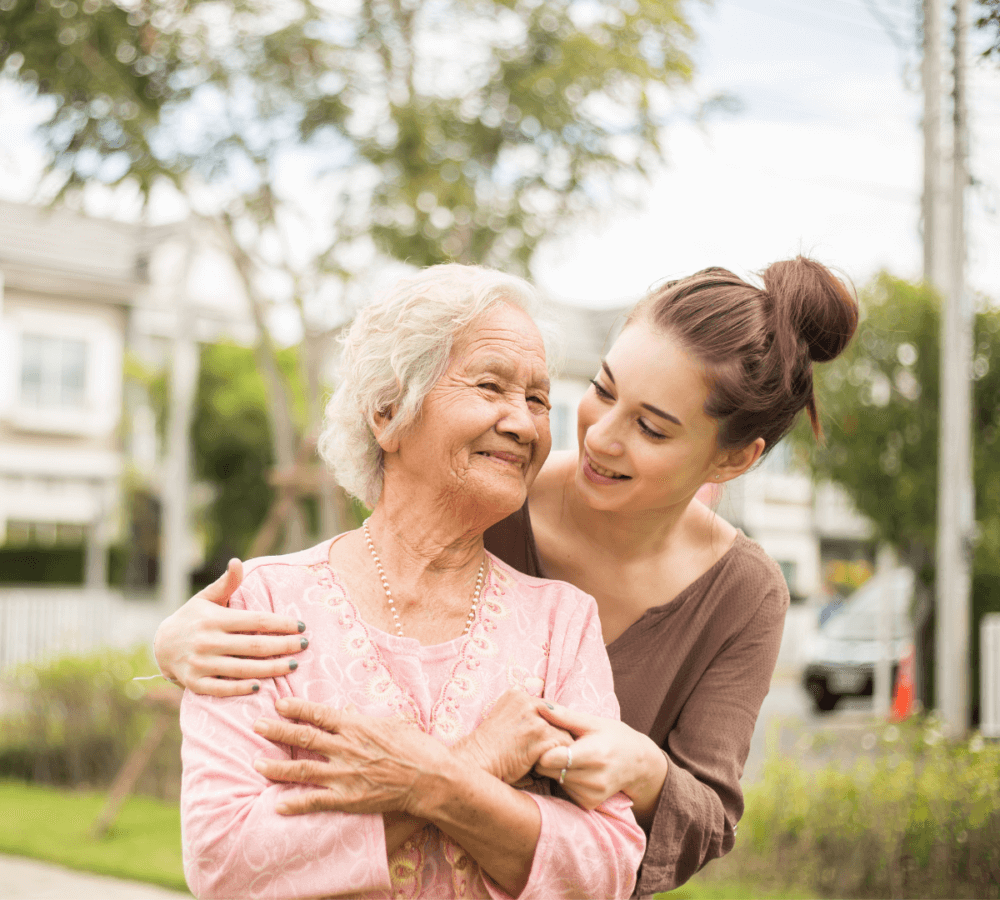
Depression in Older Adults
Depression is a common mental health issue among older adults, but it is not a normal part of ageing. It involves persistent sadness and a lack of interest in activities that once brought pleasure.
Symptoms/Signs:
- Withdrawal from social interactions
- Changes in appetite and sleep patterns
- Lack of motivation and energy
- Feelings of hopelessness or worthlessness
Supporting a loved one with depression involves encouragement to engage in social activities, ensuring they maintain a balanced diet and exercise routine, and helping them adhere to any treatment plans prescribed by their healthcare provider. Regular conversations and check-ins can also provide much-needed emotional support.
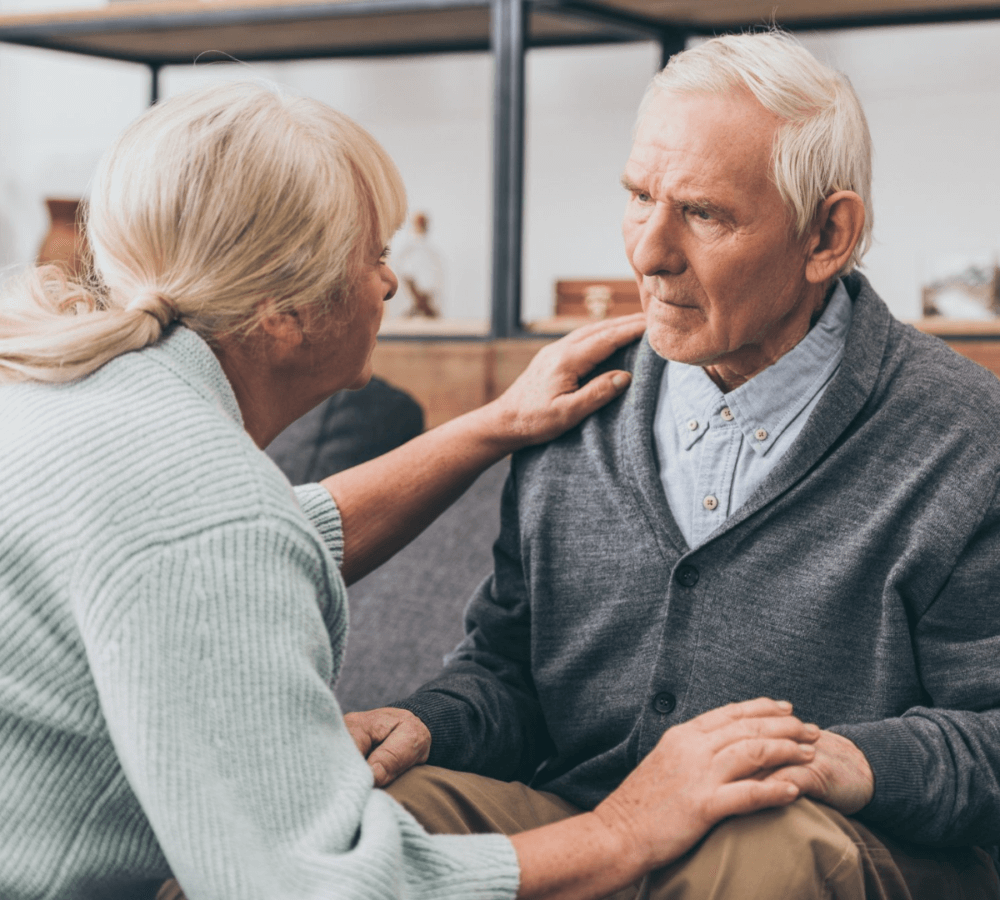
Anxiety Disorders
Anxiety disorders in older adults often go undiagnosed as they can sometimes present as physical symptoms such as chronic tension, heart palpitations, or dizziness.
Symptoms/Signs:
- Excessive worry or fear
- Avoidance of certain places or situations
- Physical symptoms such as stomach aches or headaches
- Difficulty concentrating or irritability
Support can include helping them establish a calming routine, encouraging professional help when necessary, and offering a steady presence to talk through their fears and concerns. Creating a stress-free environment and practising relaxation techniques together can also be beneficial.
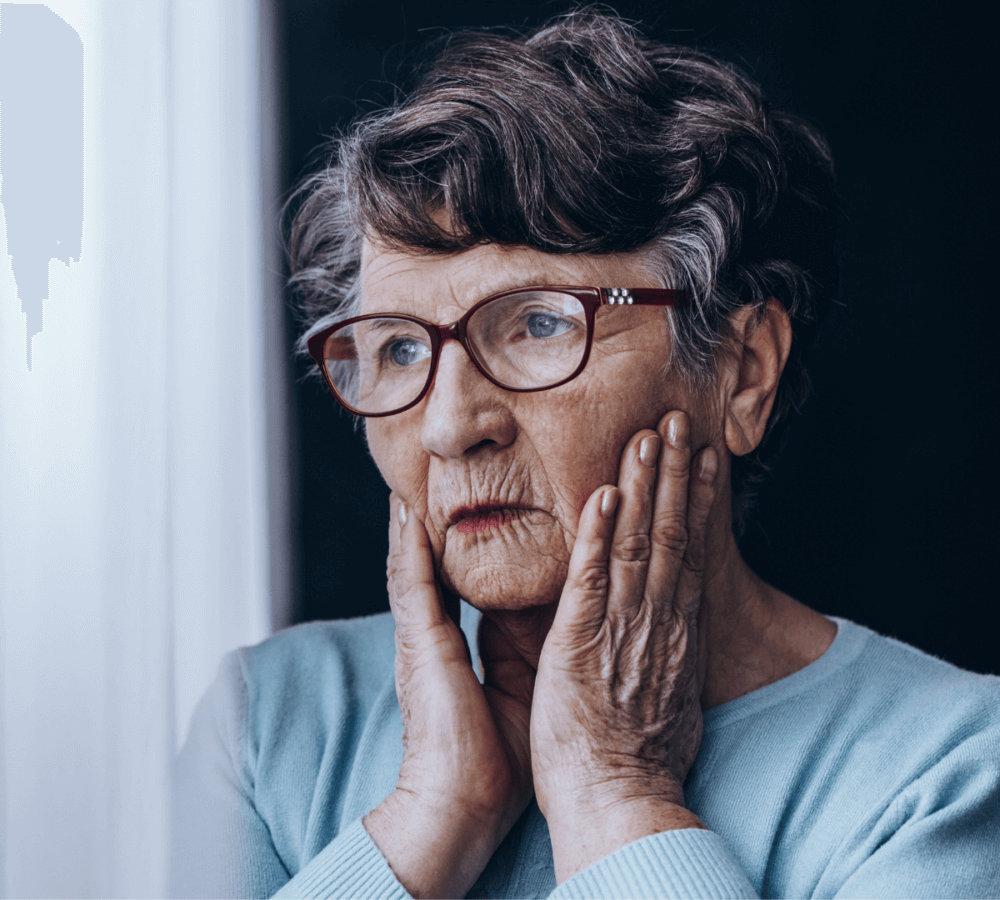
Late-Onset Bipolar Disorder
Late-onset bipolar disorder can appear for the first time in people over 50. It is characterised by mood swings that include emotional highs (mania or hypomania) and lows (depression).
Symptoms/Signs:
- Dramatic mood swings from euphoria to deep sadness
- Unusual levels of energy and restlessness
- Poor judgement and impulsivity
- Altered sleep patterns and a decreased need for sleep
Caring for someone with bipolar disorder includes ensuring they receive proper medical attention and adhere to their medication regimen. Keeping a regular routine, monitoring sleep patterns, and being aware of mood changes are all crucial. Additionally, it’s important to create a supportive environment that reduces stress and avoids triggers for manic or depressive episodes.
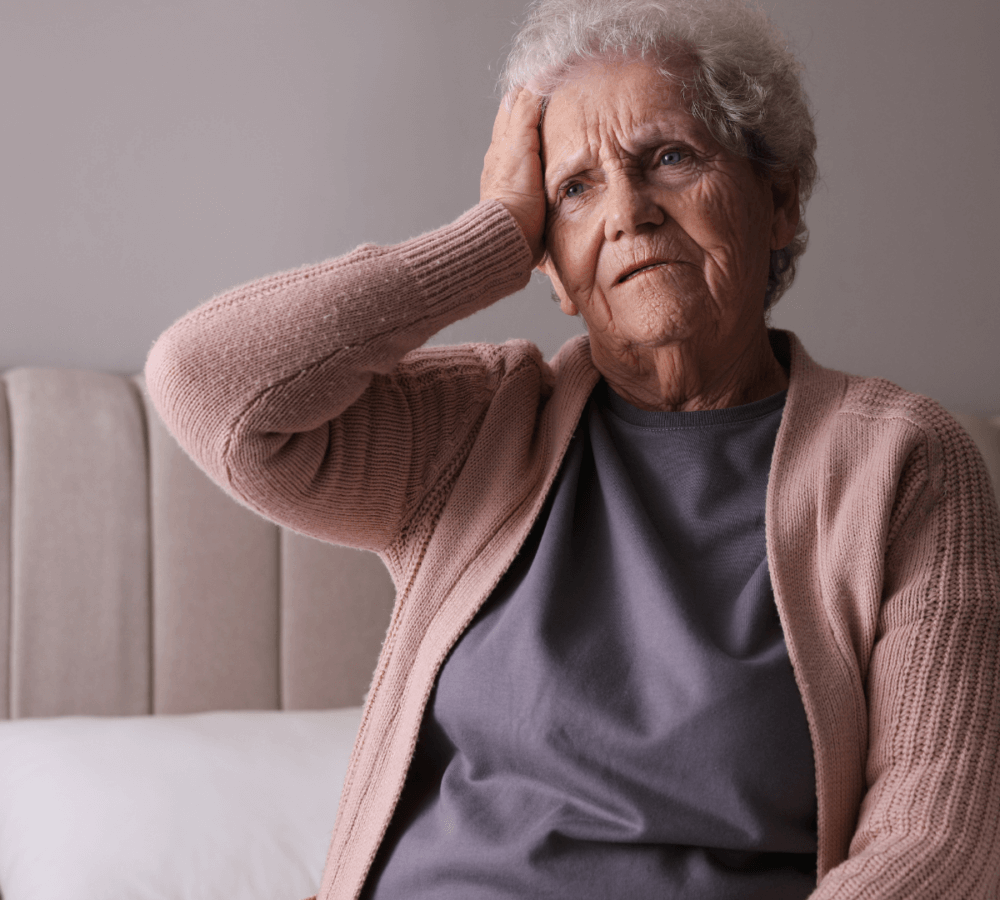
Tailored Training for Specialised Care
At Home Instead Rotherham, we understand that to deliver care that truly matters, our Care Professionals need to be equipped with more than just the basics. That’s why we invest in comprehensive training focused on conditions prevalent among older adults. Our team is prepared to offer specialised care for those with Parkinson’s, ensuring that the physical tremors and the psychological toll of the condition are both addressed with equal importance. For clients with Alzheimer’s or other forms of dementia, our approach goes beyond safety and comfort; we focus on creating moments of joy and connection, no matter how fleeting they may seem.
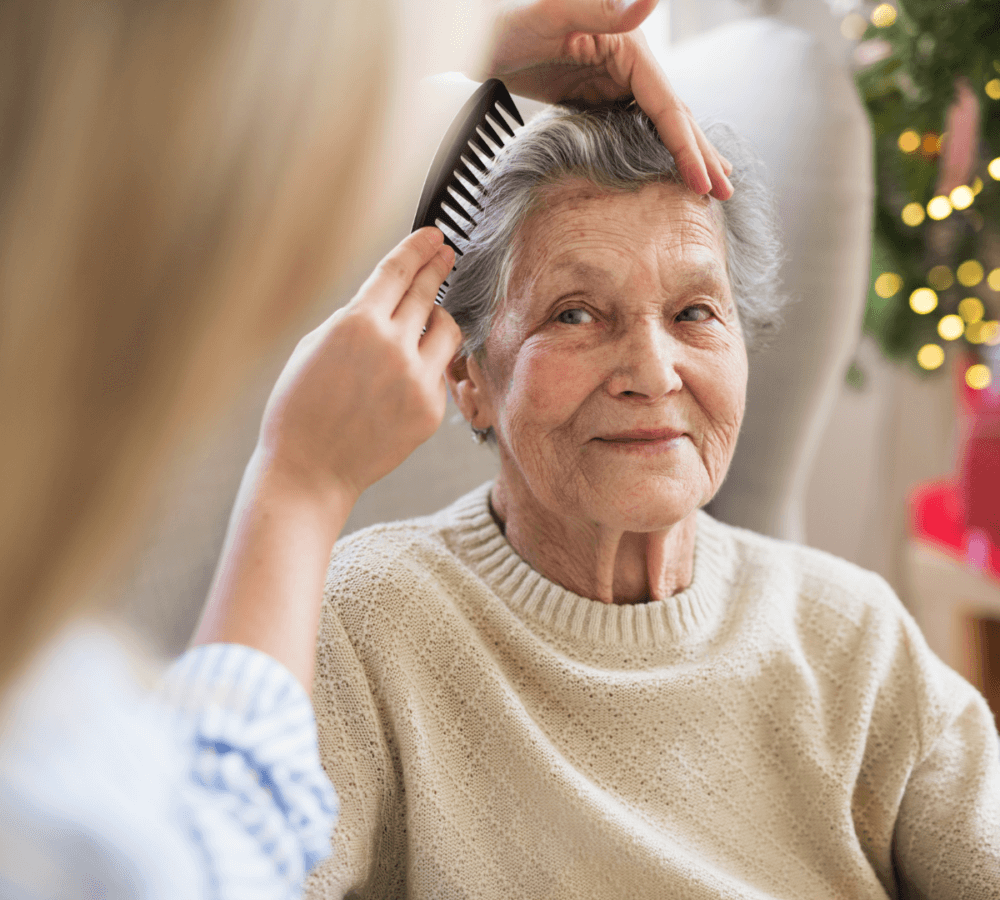
Addressing the Spectrum of Mental Health Needs
Recognising that mental health can affect every aspect of life, our training programmes cover a wide range of conditions. This ensures our Care Professionals can provide informed and empathetic support across the spectrum, from managing the symptoms of more common conditions to understanding the complexities of less talked about mental health issues. Our person-centred approach means that we see the individual first, tailoring our care to their unique experiences and needs.
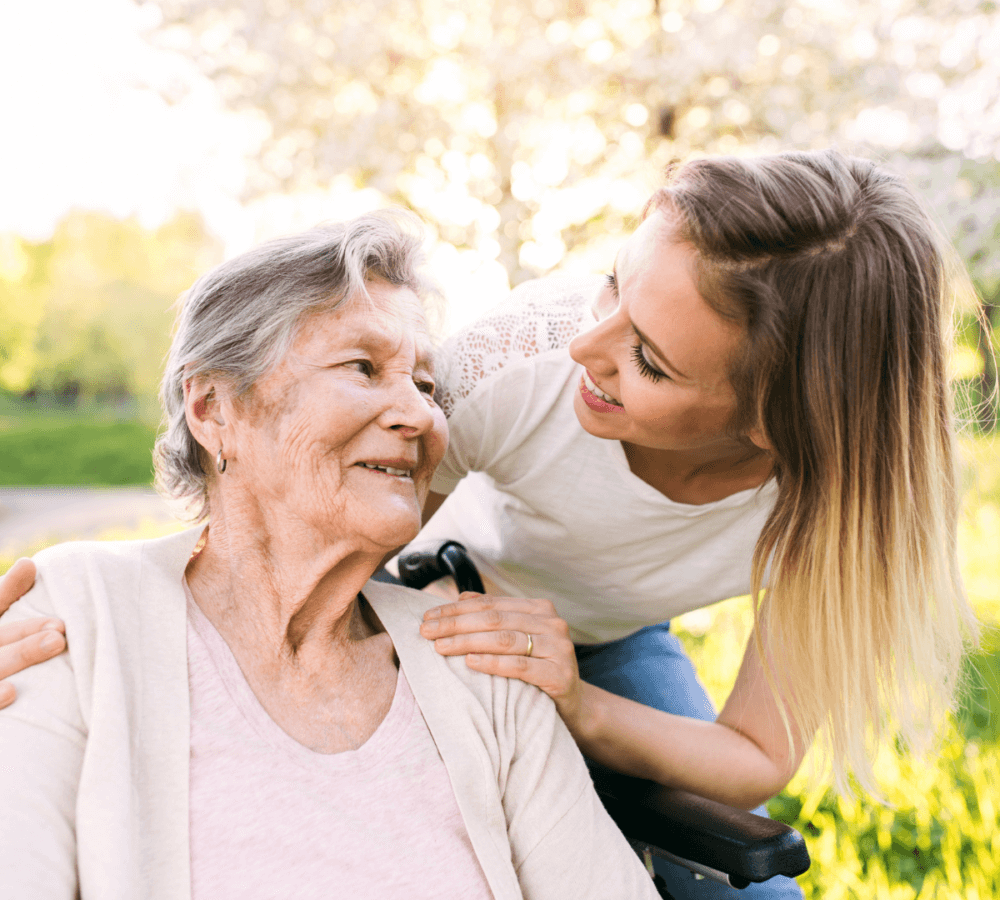
The Impact of Companionship
Loneliness and isolation can take a heavy toll on mental health, particularly in older adults. Our Care Professionals are not just carers; they’re companions, offering a listening ear, a shared laugh, or a shoulder to lean on. By fostering genuine connections, we help combat the loneliness that so often accompanies ageing, contributing to a healthier, happier state of mind for our clients.
Understanding and supporting the mental health of older adults is a complex but vital aspect of the care we provide at Home Instead Rotherham. By raising awareness of the range of mental health issues beyond dementia and investing in specialised training for our Care Professionals, we’re committed to delivering care that not only maintains independence but also nurtures the mental and emotional well-being of our clients.
